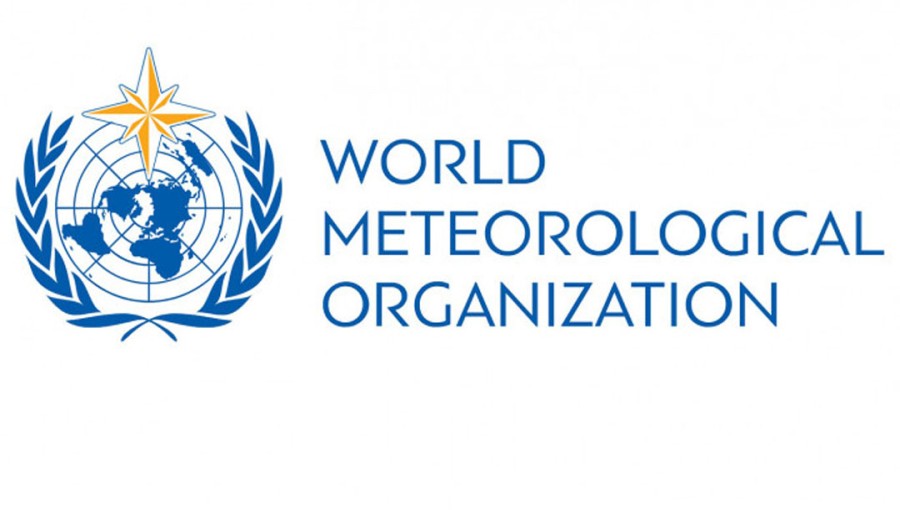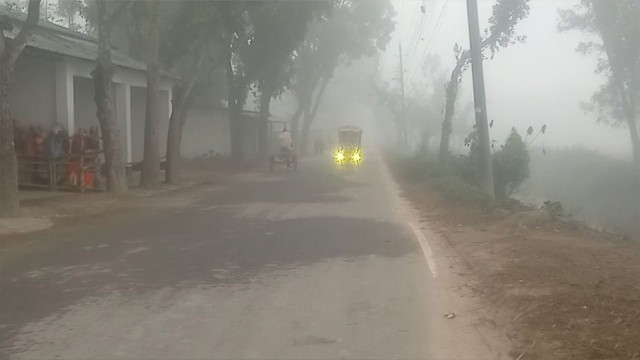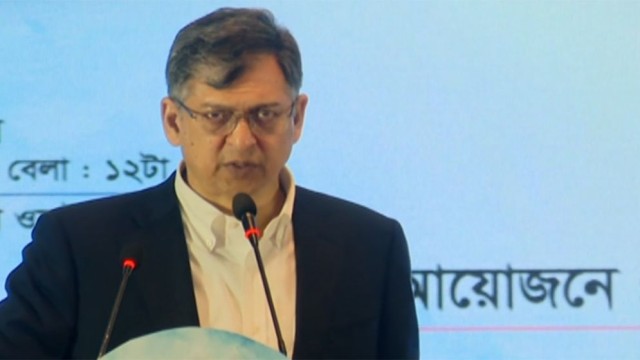Geneva, Sept 04 (V7N): The chief of the United Nations' weather and climate agency sounded a global "red alert" on Wednesday, following yet another round of record-breaking global temperatures in August.
For the second consecutive year, the world recorded the highest average temperatures in August, according to preliminary data from the EU's climate monitoring service, as reported by AFP.
Meteorological agencies in Australia, Japan, parts of China, and Norway confirmed that these regions experienced their hottest August on record.
Celeste Saulo, head of the World Meteorological Organization (WMO), emphasized the urgency of the situation, stating, "It's evident that temperatures are rising beyond our expectations."
Saulo attributed this alarming trend to insufficient global action against climate change.
Although the exact global average temperature for August 2024 has yet to be determined, the EU's Copernicus Climate Change Service (C3S) has already indicated that it will surpass the previous record of 16.82 degrees Celsius (62.28 Fahrenheit) set in August of last year.
"These thresholds are consistently being surpassed," Saulo remarked during a regional climate forum in Singapore, which brought together local meteorological services.
Saulo also advocated for enhanced monitoring and increased support for meteorological agencies, stressing the need for "more resources."
The forum's discussions coincided with the recent release of the WMO's latest report on the impacts of climate change in Asia and the Pacific, which highlighted above-average sea-level rise in many areas.
The record-breaking heat in August extends a nearly unbroken 15-month streak where each month has set new temperature records for that time of year, according to C3S.
Additionally, the climate forum announced Singapore's designation as a regional hub for monitoring pollution caused by vegetation fires and smoke. This facility, one of only two such centers globally, aims to provide better quality data on fires and pollution forecasts, addressing a critical gap in regional information.
END/MSS/































Comment: